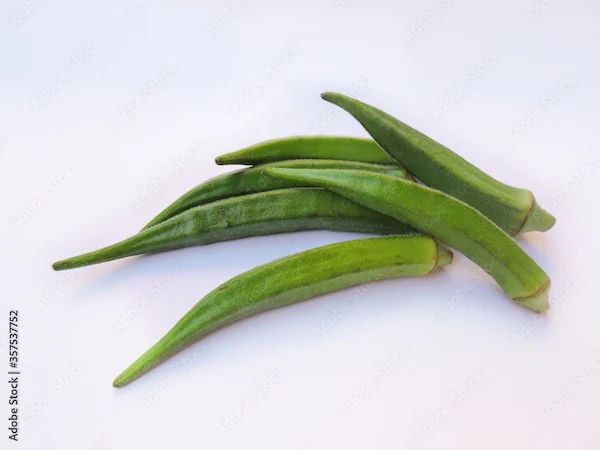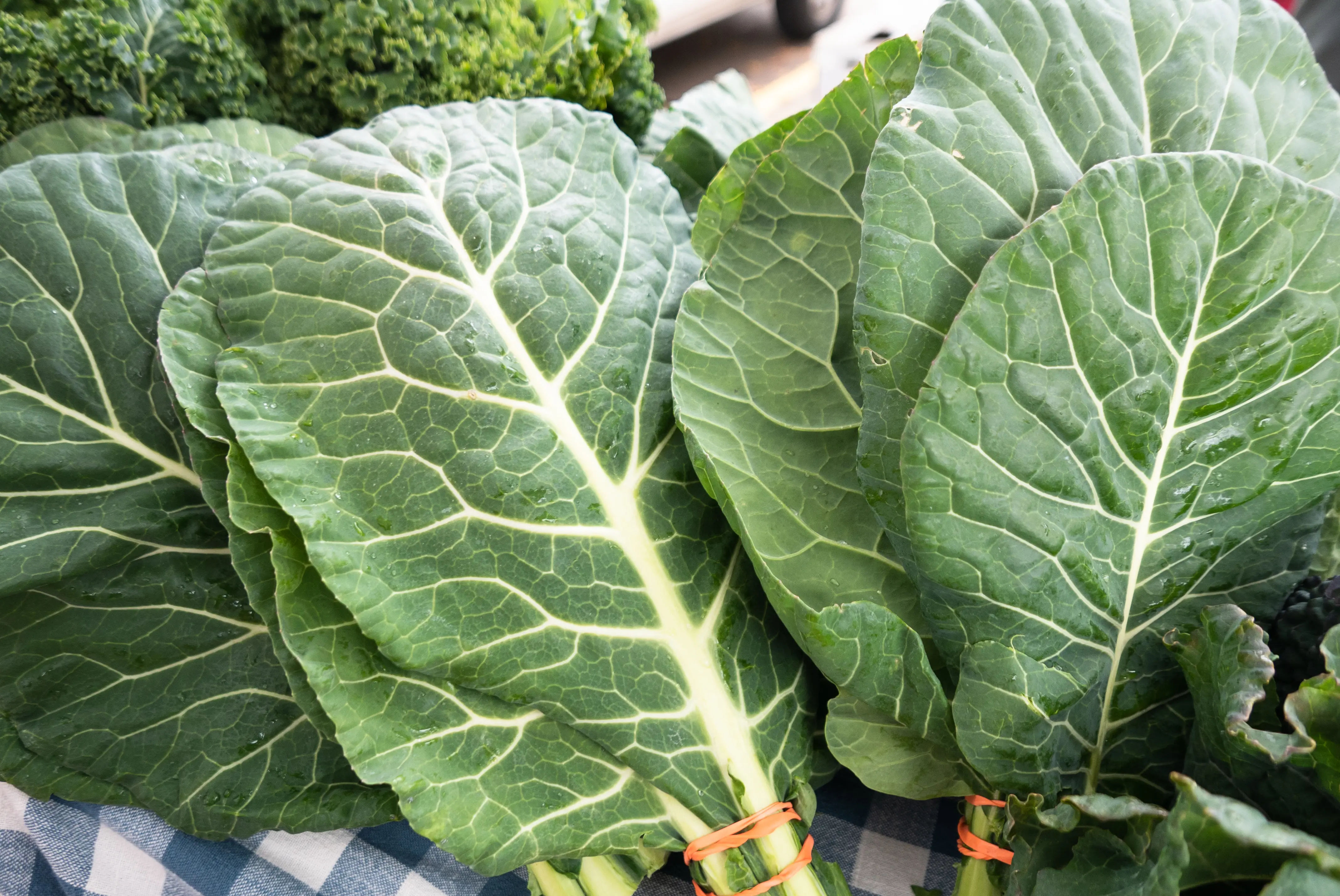Benefits of Bhindi (Okra)
Discover the health benefits of okra (bhindi), a nutrient-rich vegetable known for supporting digestion, blood sugar control, heart health, and overall wellness.

Written by Dr.Sonia Bhatt
Last updated on 3rd Jul, 2025

Introduction
Bhindi, also known as okra or lady’s finger, is a popular vegetable in Indian cuisine. Loved for its unique texture and mild taste, bhindi is not just delicious but also packed with numerous health benefits. Whether you enjoy it in a spicy curry, stir-fried, or as crispy bhindi chips, this vegetable can do wonders for your well-being.
In this article, we’ll explore the many health benefits of bhindi, how it can improve different aspects of your health, and some easy ways to include it in your diet.
Health Benefits of Bhindi
Some of the health benefits of bhindi are:
1. Supports Digestive Health: Bhindi is an excellent source of dietary fibre, which helps in smooth digestion and prevents constipation. The mucilage (a gel-like substance) in bhindi acts as a natural laxative, keeping your gut healthy.
Tip: If you have digestive issues, try eating lightly cooked bhindi with minimal spices for better digestion.
2. Helps Control Blood Sugar Levels: Bhindi has a low glycemic index, meaning it doesn’t cause sudden spikes in blood sugar. The fiber and antioxidants in bhindi help regulate glucose absorption, making it beneficial for people with diabetes.
Tip: Drinking bhindi water (soaking sliced bhindi in water overnight and consuming it in the morning) may help in managing blood sugar levels.
3. Good for Heart Health: The soluble fiber in bhindi helps lower bad cholesterol (LDL), reducing the risk of heart disease. Additionally, its potassium content helps regulate blood pressure by balancing sodium levels in the body.
Tip: Include bhindi in your meals 2-3 times a week for better heart health.
4. Boosts Immunity: Bhindi is rich in vitamin C, which strengthens the immune system and helps the body fight infections. The antioxidants in bhindi also reduce oxidative stress, keeping illnesses at bay.
Tip: Eat bhindi with lemon for an extra immunity boost.
5. Aids in Weight Loss: Low in calories and high in fibre, bhindi keeps you full for longer, reducing unnecessary cravings. This makes it a great addition to weight-loss diets.
Tip: Try roasted or air-fried bhindi as a healthy snack instead of fried chips.
6. Improves Skin and Hair Health: The vitamin C and antioxidants in bhindi promote collagen production, keeping the skin youthful. It also helps reduce acne and inflammation. For hair, bhindi’s nutrients strengthen hair follicles and prevent hair fall.
Tip: Apply bhindi juice mixed with lemon on the scalp to reduce dandruff and promote hair growth.
7. Supports Bone Health: Bhindi is rich in vitamin K and folate, which are essential for bone strength and preventing osteoporosis.
Tip: Pair bhindi with calcium-rich foods like yoghurt for better bone health.
8. Helps in Pregnancy: The folate in bhindi supports foetal development and reduces the risk of birth defects. Pregnant women can benefit from including bhindi in their diet.
Tip: Lightly sauté bhindi with minimal spices for easy digestion during pregnancy.
How to Include Bhindi in Your Diet?
Here are some simple and healthy ways to enjoy bhindi:
1. Stir-Fried Bhindi (Bhindi Sabzi): Cook with minimal oil and spices.
2. Bhindi Chips: Slice thinly, sprinkle salt, and bake or air-fry for a crispy snack.
3. Bhindi Curry: Cook with tomatoes, onions, and mild spices.
4. Bhindi Water: Soak sliced bhindi overnight and drink the water in the morning for blood sugar control.
Consult Top Specialists for Personalised Usage Tips
Precautions & Who Should Avoid Bhindi (Okra)
While bhindi (okra) is a nutritious and generally safe vegetable, certain individuals should be mindful of their intake to avoid potential discomfort or health concerns.
Who Should Consume Bhindi in Moderation?
Individuals with kidney stones: Bhindi contains oxalates, compounds that can contribute to the formation of kidney stones, particularly in those who are prone to them. Such individuals should limit their consumption or consult a healthcare provider before including it regularly in their diet.
People with gastric issues: Due to its mucilaginous (slimy) texture and high fibre content, consuming bhindi in excess may lead to bloating, gas, or digestive discomfort, especially in those with sensitive digestive systems or existing gastrointestinal conditions.
Conclusion
Bhindi, or okra, is a highly nutritious vegetable packed with dietary fibre, vitamins, and antioxidants that offer a range of health benefits. From supporting digestive health and regulating blood sugar levels to promoting heart health and boosting immunity, bhindi can be a valuable addition to a balanced diet. While generally safe for most people, those with kidney stones or sensitive digestion should consume it in moderation. By incorporating bhindi thoughtfully into your meals, you can enjoy its health-boosting properties while supporting overall well-being naturally.
Consult Top Dieticians
Consult Top Specialists for Personalised Usage Tips

Ms. Shruthi Bhargavi
Dietician
9 Years • Msc (Nutrition and Dietetics)
Hyderabad
Apollo 24|7 Clinic - Telangana, Hyderabad

Ms. Poushali Ghosh
Dietician
9 Years • Msc in Applied Nutrition
Barasat
Diab-Eat-Ease, Barasat

Ms. Anupriya
Dietician
7 Years • B.Sc(Clinical Nutrition & Dietetics),M.Sc(Clinical Nutrition & Dietetics),Certified Diabetes Educator, Certificate course in Renal Nutrition.
Lucknow
Delight Sun Hospital, Lucknow

Ms Suchanda Guha
Dietician
10 Years • M.Sc (Applied Nutrition), B.Sc (Food & Nutrition), Diploma (Yogic Nutrition)
Kolkata
NutriKutir, Kolkata
Ms. Surbhi Pareek
Dietician
13 Years • Allied Healthcare professional
Jaipur
Nutrisaga by Surbhi, Jaipur
Consult Top Dieticians

Ms. Shruthi Bhargavi
Dietician
9 Years • Msc (Nutrition and Dietetics)
Hyderabad
Apollo 24|7 Clinic - Telangana, Hyderabad

Ms. Poushali Ghosh
Dietician
9 Years • Msc in Applied Nutrition
Barasat
Diab-Eat-Ease, Barasat

Ms. Anupriya
Dietician
7 Years • B.Sc(Clinical Nutrition & Dietetics),M.Sc(Clinical Nutrition & Dietetics),Certified Diabetes Educator, Certificate course in Renal Nutrition.
Lucknow
Delight Sun Hospital, Lucknow

Ms Suchanda Guha
Dietician
10 Years • M.Sc (Applied Nutrition), B.Sc (Food & Nutrition), Diploma (Yogic Nutrition)
Kolkata
NutriKutir, Kolkata
Ms. Surbhi Pareek
Dietician
13 Years • Allied Healthcare professional
Jaipur
Nutrisaga by Surbhi, Jaipur




